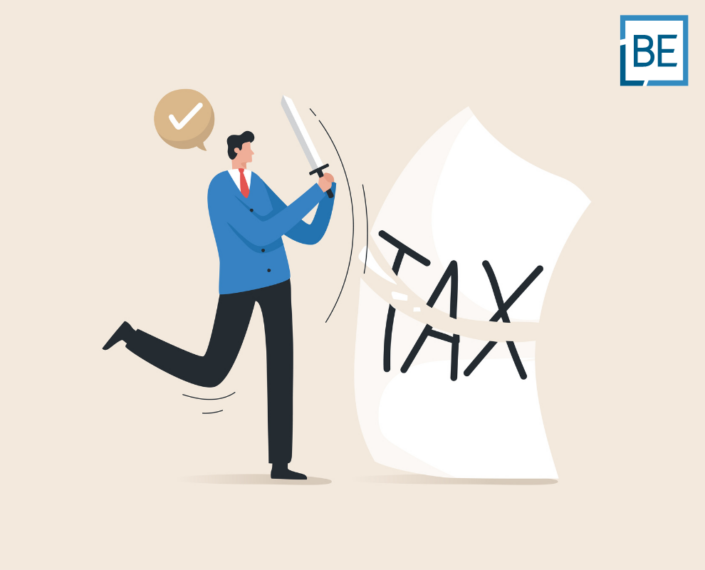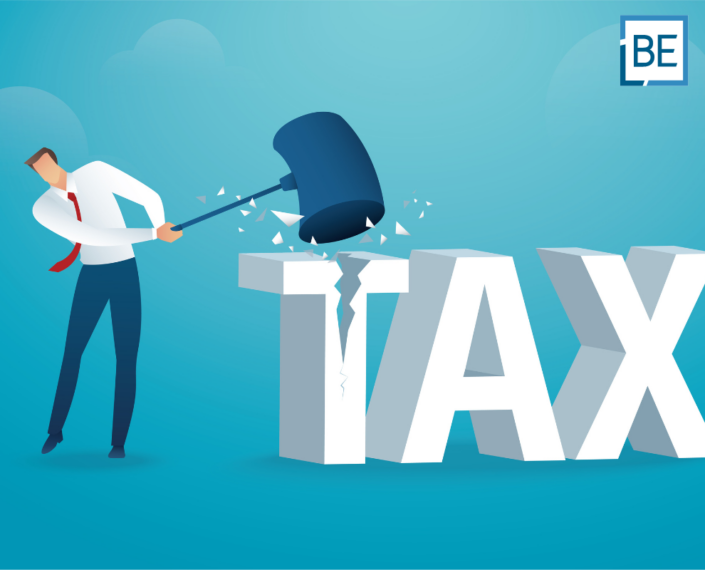Belaws Home ›› Thailand ›› Blog ›› Understanding wills in Thailand
legal
Understanding wills in Thailand
06/02/2023
Unfortunately, illness or accidents can lead to the passing of individuals, including those residing or residing temporarily in Thailand. In such cases, foreign nationals may have assets that need to be addressed, including bank accounts, real estate, and vehicles. By preparing a will in Thailand, foreigners residing in Thailand can protect their assets and distribute them as they wish.
This blog post will explore wills and how they work in Thailand.
Key points
- Thailand recognizes both Thai and foreign wills.
- Thai law requires that a will be written in Thai and signed before two witnesses.
- A will written abroad may still be recognized in Thailand if it has been translated into Thai and meets the other requirements of Thai law.
What is a will?
A will is a legally binding document that states an individual’s wishes to distribute their property and assets after death. A will typically includes instructions for the appointment of an executor to carry out the provisions of the will and for the distribution of assets to designated beneficiaries. The purpose of a will is to ensure that the individual’s property is distributed according to their wishes rather than according to inheritance laws.
For a will to be valid, it must be in writing, signed by the individual making it, and witnessed.
Who can draft a will in Thailand?
In Thailand, a will can be drafted by a lawyer/legal professional or an individual. Whoever drafts the will must ensure it meets the legal requirements and is written in Thai.
Additionally, as per section 25 of the Civil and Commercial Code of Thailand, any person over the age of fifteen years old can make a will in Thailand.
How to make a will in Thailand?
What are the legal requirements for a will in Thailand?
For a will to be valid in Thailand, the following legal requirements must be satisfied:
- The will must be written in the Thai language.
- The testator must sign the will in the presence of two witnesses; the witnesses must also sign the will.
- The witnesses must be at least 20 years old and have the capacity to understand the will’s contents.
- The testator must have the mental capacity to make a will and must not have been unduly influenced by others.
- The will must not contain any provisions that are contrary to Thai law.
- The will must be dated and include a clear statement of the testator’s intentions regarding the distribution of their property after death.
What provisions should a will contain?
A typical will usually contain the following provisions:
- Identification of the testator (the person making the will): The will should identify the person making the will. Required information includes their full name, address, and date of birth.
- Appointment of an executor: The will should name the person or persons responsible for carrying out the instructions in the will.
- Disposition of property: The will should set out the testator’s instructions for distributing their property and assets upon death. Typically this will include specific instructions for the distribution of specific items of property and general instructions for the distribution of any remaining property and who it should go to.
- Appointment of guardians: If the testator has children who legally cannot live by themselves e.g. children under 18, the will should name a guardian to care for the children should both parents die.
- Funeral arrangements: The will may include instructions for the testator’s funeral arrangements. For example, the type of service they would like, where they would like it to be held, and who should be responsible for organizing the funeral.
- Powers of the executor: The will should set out the executor’s powers, including the authority to manage the deceased person’s assets, pay debts and taxes, and distribute property according to the will.
- Revocation: The will should state that it revokes all previous wills and codicils (amendments to a will).
Who can be an executor of a will in Thailand?
An executor is a person named in a will responsible for carrying out the instructions and executing the provisions in the will.
The executor’s responsibilities include:
- Gathering and managing the deceased person’s assets and property.
- Paying any debts, taxes, and other liabilities.
- Distributing the remaining assets and property according to the instructions set out in the will.
- Representing the estate in any legal proceedings.
The executor has a fiduciary duty to act in the best interests of the deceased’s estate and beneficiaries. Furthermore, they must follow the instructions in the will as closely as possible.
In Thailand, anyone over 20 years old who has the ability to understand the contents of a will can act as the executor. The person named executor in the will must be able and willing to carry out the role’s responsibilities (mentioned above).
Please also note that a foreigner can be an executor of a will in Thailand. There are no legal restrictions on the nationality of an executor as long as the person meets the requirements set out in Thai law.
Usually, an individual will name a close relative or trusted friend as their executor. Still, they can also appoint a professional, such as a lawyer or trust company, to perform the role should they wish to.
When choosing an executor, it is important to choose someone who is reliable and trustworthy and has the time and resources to carry out the responsibilities of the role properly.
Is a will written in another country valid in Thailand?
Whether a will written in another country is valid in Thailand will depend on several factors, including the laws of the country where the will was made, the laws of Thailand, and the circumstances of the deceased person at the time of death.
Usually, a will made following the laws of the country where it was made will be recognized and enforced in Thailand as long as it does not conflict with Thai law.
It is recommended that someone who lives in Thailand makes a separate will in Thailand to ensure that their assets in the country are distributed according to their wishes and following Thai law. This will also avoid potential issues arising between the foreign will and Thai law.
What needs to be done to validate a foreign will in Thailand?
To ensure a foreign will is valid in Thailand, the following steps may be necessary:
- Translation: The foreign will may need to be translated into Thai by a certified translator.
- Authentication: The foreign will may need to be authenticated by the relevant authorities in the country where it was made and the Thai authorities.
- Probate proceedings: The foreign will may need to go through the proceedings in Thailand to be recognized and enforced in the country. Probate involves presenting the will to the Thai courts and obtaining a grant of probate, which confirms the will’s validity and authorizes the executor to carry out its instructions.
How can Belaws help?
You can talk directly to one of our experts for more information about wills in Thailand.
This article is for information purposes only and does not constitute legal advice.
Our consultations last for a period of up to 1 hour and are conducted by expert Lawyers who are fluent in English, French and Thai.
Consultations can be hosted via WhatsApp or Video Conferencing software for your convenience. A consultation with one of our legal experts is undoubtedly the best way to get all the information you need and answer any questions you may have about your new business or project.
USD 150
Up to 1 hour
Online payment (Paypal or Credit card)
Legal consultation can be conducted in English, French or Thai
Legal consultations are handled by experienced lawyers from the relevant fields of practice
Frequently asked questions
How much do wills cost in Thailand?
The cost of creating a will in Thailand varies, but it is typically around 20,000 to 40,000 THB ($650 to $1300 USD).
Do you need a will in Thailand?
No, It is not legally required to have a will in Thailand, but it is highly recommended for anyone who owns property or assets in the country.
What is the inheritance law in Thailand?
The inheritance law in Thailand follows a system of forced heirship, which requires a certain portion of a person’s estate to be inherited by their relatives.
Is an English will valid in Thailand?
No, in Thailand An English will is not legally recognized as it must be written in Thai and comply with Thai law.
Can you write your own will in Thailand?
Yes, a person can write their own will in Thailand, but it must be written in Thai and comply with Thai law. So we recommend to call an expert who can guide you during this process.
What happens when someone dies in Thailand?
When a person dies in Thailand, their next of kin must report the death to local authorities and obtain a death certificate.
The deceased’s estate will then be distributed according to their will, if they had one, or according to Thai inheritance law.
Related articles
Subscribe today
Subscribe today
To our newsletter for all the latest legal news
in South East Asia, Belaws updates and
special promotions on our services.
To our newsletter today for all the latest legal news in South East Asia,
Belaws updates and special promotions on our services.







